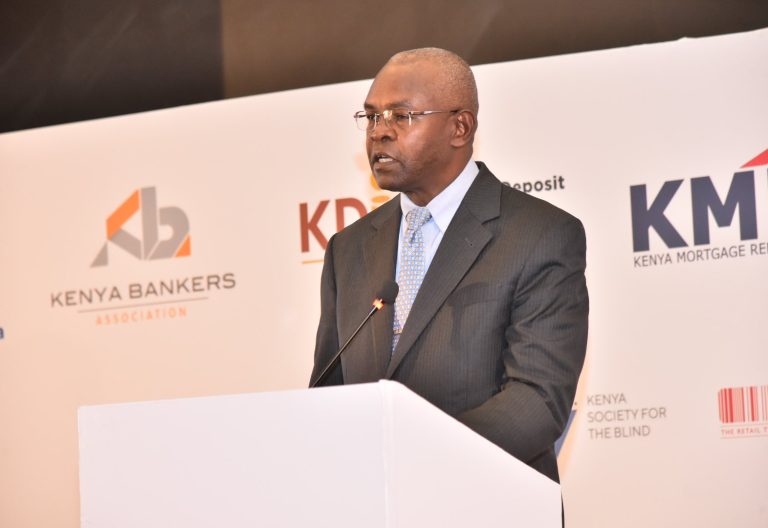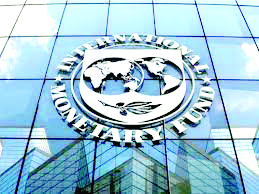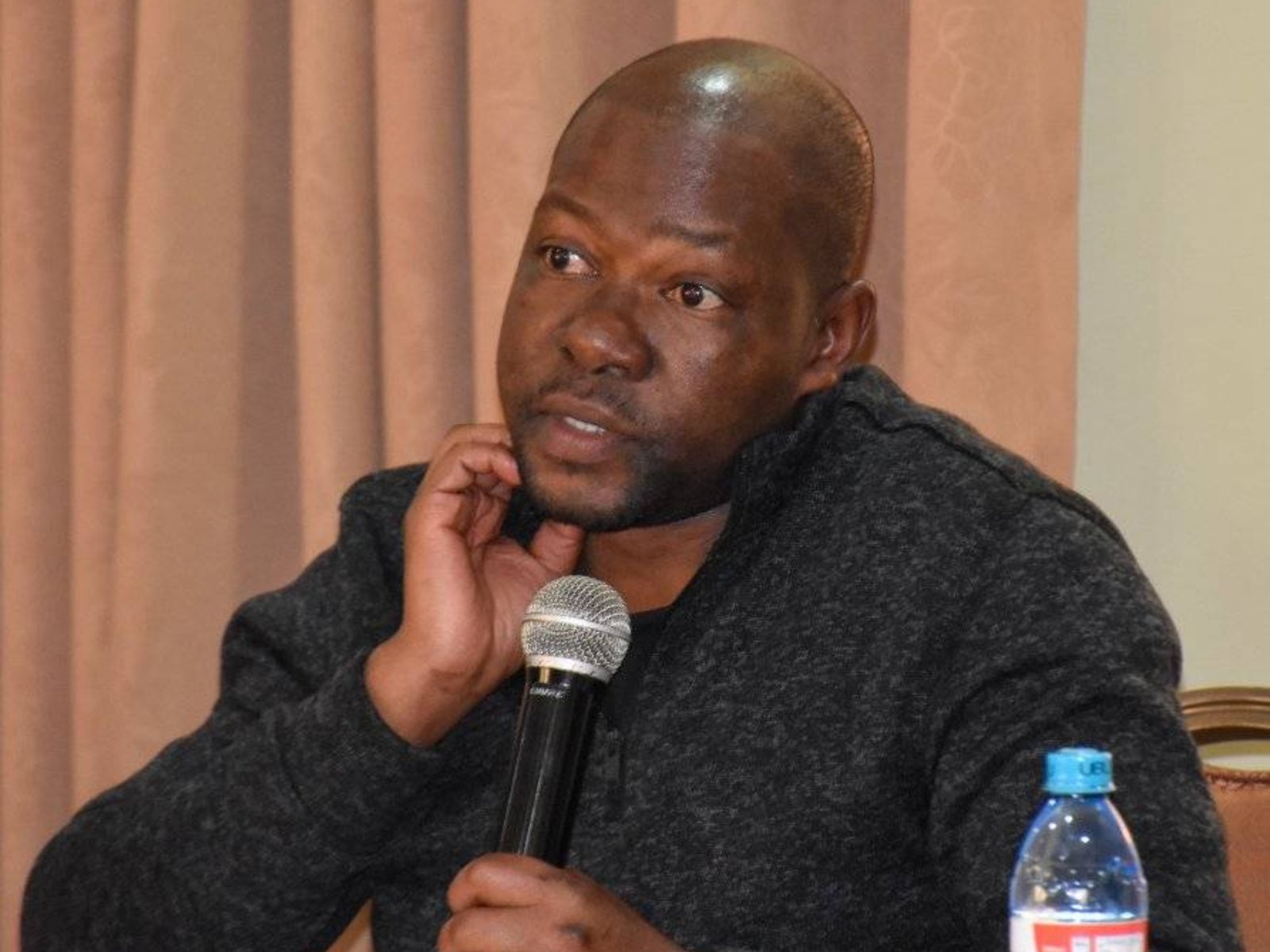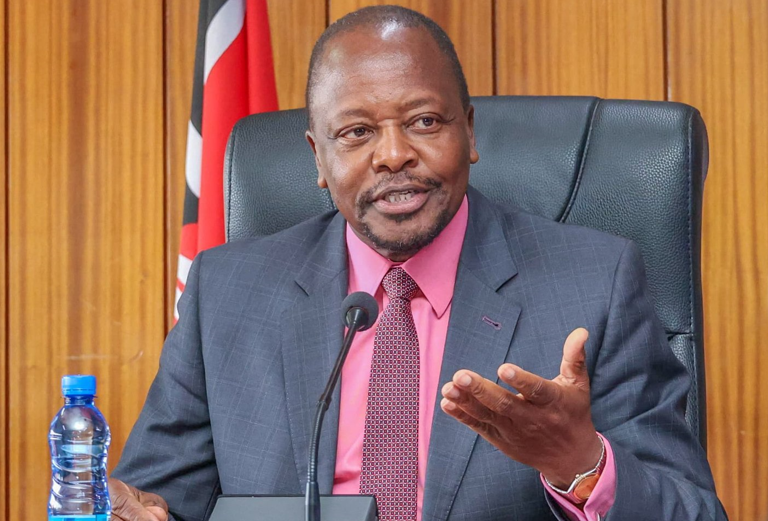Kenya to hold talks with IMF in September on new funding

Kenya has formally requested a new financing arrangement from the International Monetary Fund (IMF) following the end of its current Extended Credit Facility (ECF) and Extended Fund Facility (EFF) programmes, which provided a lifeline of over Ksh388 billion amid rising debt distress.
The IMF has acknowledged the request and is expected to send a mission team to Nairobi in September to begin negotiations.
Speaking at a press briefing on June 11, 2025, Central Bank of Kenya (CBK) Governor Kamau Thugge confirmed that the government has initiated talks for a fresh deal with the IMF.
“Indeed, we are having discussions with the IMF. The government did send a letter to the IMF requesting to negotiate a new arrangement. We expect the IMF team to come in September to start discussions on Article IV, and we shall also engage them on a new arrangement,” Thugge said.
The move comes as Kenya battles rising debt-servicing costs, shrinking fiscal space, and a weakening shilling.
The outgoing ECF/EFF programme, valued at Ksh465.48 billion and launched in April 2021, was designed to support Kenya’s economic recovery from the Covid-19 pandemic and address persistent external vulnerabilities.
However, with only Ksh403.42 billion of the funds disbursed by October 2024, the final ninth review — which could have unlocked a remaining Ksh62.06 billion — has now been shelved.
In a statement following a recent visit to Nairobi, IMF mission chief Haimanot Teferra said the Fund had received a formal request from the Kenyan government for a new programme.
Credit facility
“We will engage with them going forward,” she said.
The statement also confirmed that the IMF and Kenyan authorities had “reached an understanding that the ninth review under the current Extended Fund Facility and Extended Credit Facility programmes will not proceed.”
Teferra did not clarify whether the new arrangement would be a lending or non-lending program.
However, Treasury Cabinet Secretary Minister John Mbadi told Reuters in May that Kenya would seek a financing package.
Investor’s reaction was swift. News of the programme’s cancellation pushed Kenyan dollar bonds lower, with 2048 maturities falling more than a cent to trade just over 80 cents on the dollar — their lowest levels in around six months.
Analysts said the market reaction reflected investor concern over Kenya’s growing fiscal fragility and reliance on external support.
Kenya has come under intense pressure to manage its ballooning public debt, which stood at over Ksh11 trillion by early 2025.
Over the past decade, successive administrations have ramped up borrowing to fund infrastructure megaprojects and budget deficits, leading to increased reliance on external creditors, including the IMF, World Bank, and international bond markets.
The government has struggled to raise enough revenue to cover mounting debt-service obligations, forcing it to rely on multilateral lenders for budget support.
The IMF’s programmes have provided not just cash but policy guidance on fiscal discipline, public sector reforms, and debt transparency.
Economic trajectory
The IMF had also approved a Ksh69.89 billion Resilience and Sustainability Facility (RSF) for Kenya in July 2023, of which only Ksh23.33 billion had been disbursed by October last year.
The anticipated September mission by the IMF will be a pivotal moment for Kenya’s economic trajectory.
The talks are expected to cover the routine Article IV consultations, which assess macroeconomic stability, growth outlook, and policy priorities — as well as negotiations for a new financial arrangement.
While the structure and size of the next programme remain unknown, the IMF is expected to push for deeper structural reforms in exchange for financial support.
These may include further fiscal consolidation, enhanced revenue collection, and public debt restructuring strategies.
In the meantime, Kenyan authorities will need to navigate rising domestic inflation, currency volatility, and external debt repayments amid limited fiscal buffers.
With the expiration of the ECF/EFF looming in July, the window for securing a smooth transition into a new IMF-backed framework is rapidly narrowing.















